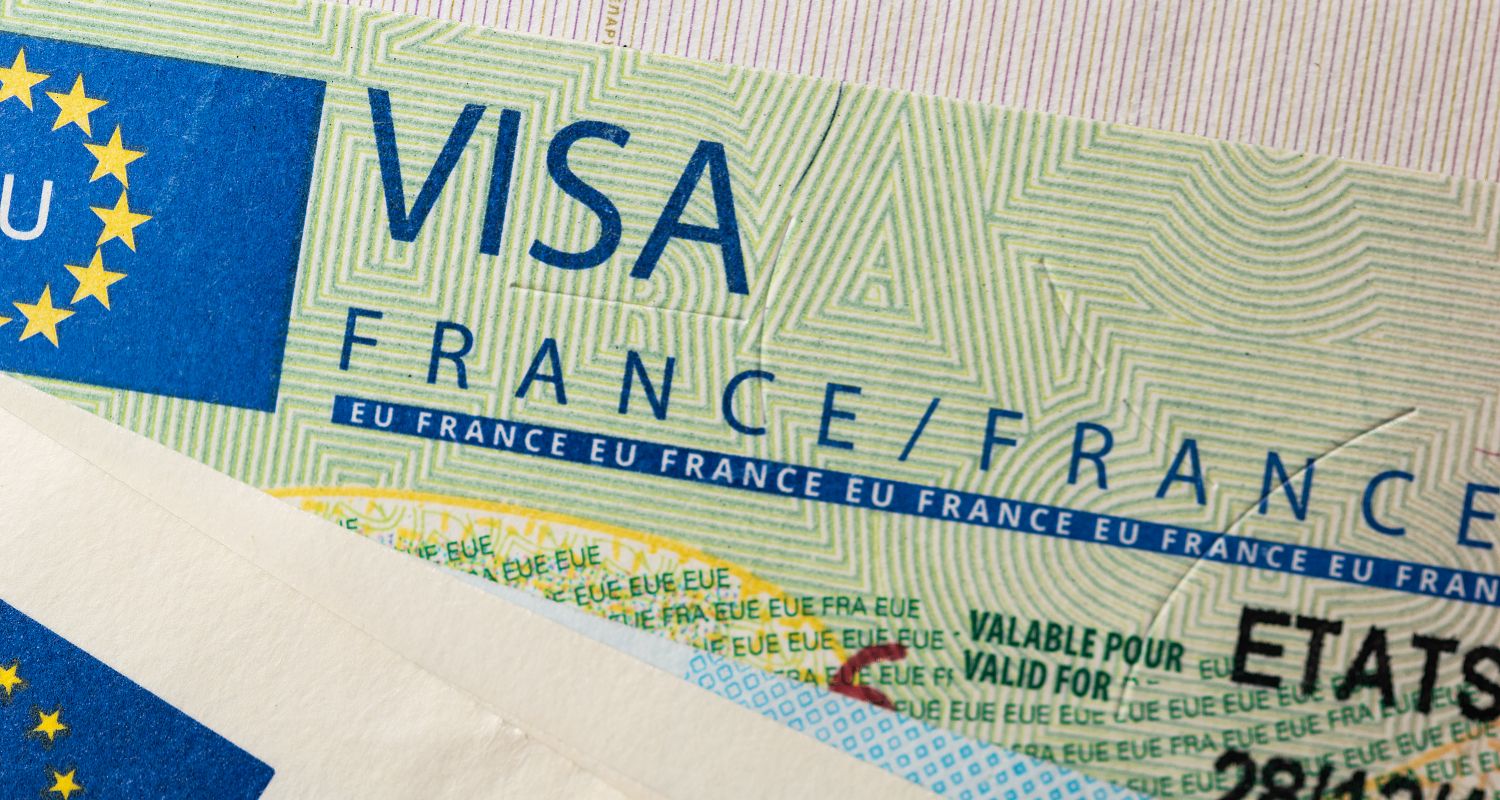Japanese lodging companies – especially hoteliers – were banking on a strong tourist year to compensate for significant capital investments. These high-value investments amid already flagging economic growth were made in the confidence that revenue generated from the Olympics would kick start financial return for stakeholders, but now the 2020 Olympics delay rears its ugly head due to the COVID-19 coronavirus.
In today’s world, major players based in the Japanese capital will be relieved that an Olympic cancellation has been avoided, but smaller operators will be unable to see a silver lining. The Olympics is one of many major events being cancelled a duniya.
“Many smaller establishments that do not have the high cash reserves that their large-scale competitors possess needed the Olympics to occur this summer,” commented Ralph Hollister, a travel & tourism analyst with a global analytics company.
“The closure of major attractions in Japan that encouraged a constant flow of guests such as Tokyo Disneyland, combined with China banning overseas trips, has created a severe lack of tourism in recent months. This lack of guests meant that many lodging operators had to place more reliance on revenues being boosted through a successful 2020 Olympics.
“The sustainability of the hospitality sector in Japan was already being questioned before the emergence of the coronavirus (COVID-19) due to over-investment, causing a rapid increase in hotel construction, resulting in a growing threat of market saturation.
“Cash flow problems were becoming of great concern to many Japanese hotels that were starting to feel the impact of the economic slump. Some will simply not have the financial power to stay open in order to reap the financial rewards of Tokyo 2021.”
Japan’s Prime Minister Shinzo Abe and International Olympic Committee President Thomas Bach held a telephone conference on March 24, 2020, where it was agreed that the best route forward was to delay 2020 Olympic Games. Finally, after weeks of uncertainty over its future amid the global coronavirus pandemic, it was agreed that the Tokyo 2020 Olympic Games will be delayed until the summer of 2021 at the latest.
ABUBUWAN DA ZA KU GUDU DAGA WANNAN LABARI:
- “The sustainability of the hospitality sector in Japan was already being questioned before the emergence of the coronavirus (COVID-19) due to over-investment, causing a rapid increase in hotel construction, resulting in a growing threat of market saturation.
- In today's world, major players based in the Japanese capital will be relieved that an Olympic cancellation has been avoided, but smaller operators will be unable to see a silver lining.
- Finally, after weeks of uncertainty over its future amid the global coronavirus pandemic, it was agreed that the Tokyo 2020 Olympic Games will be delayed until the summer of 2021 at the latest.






















